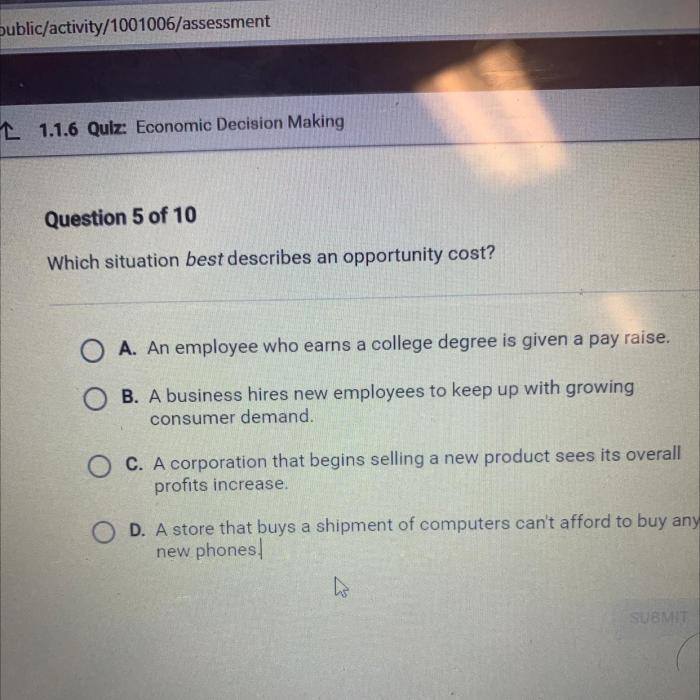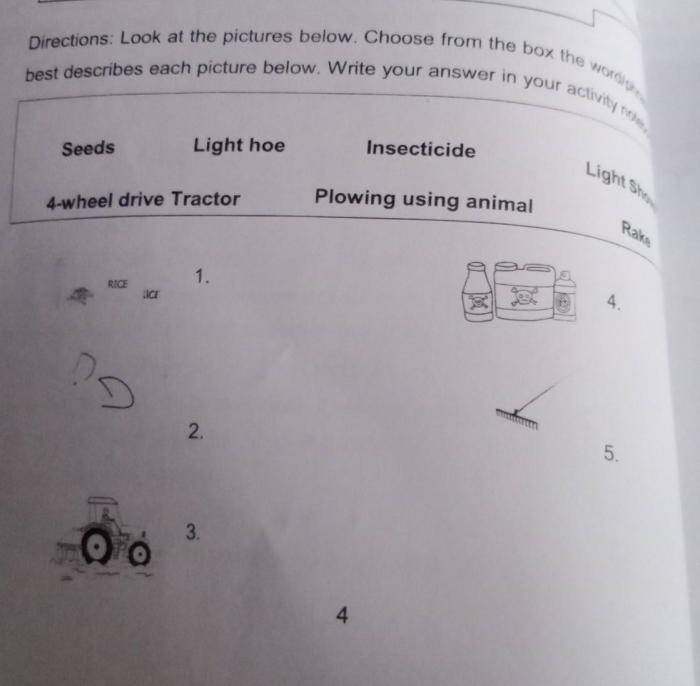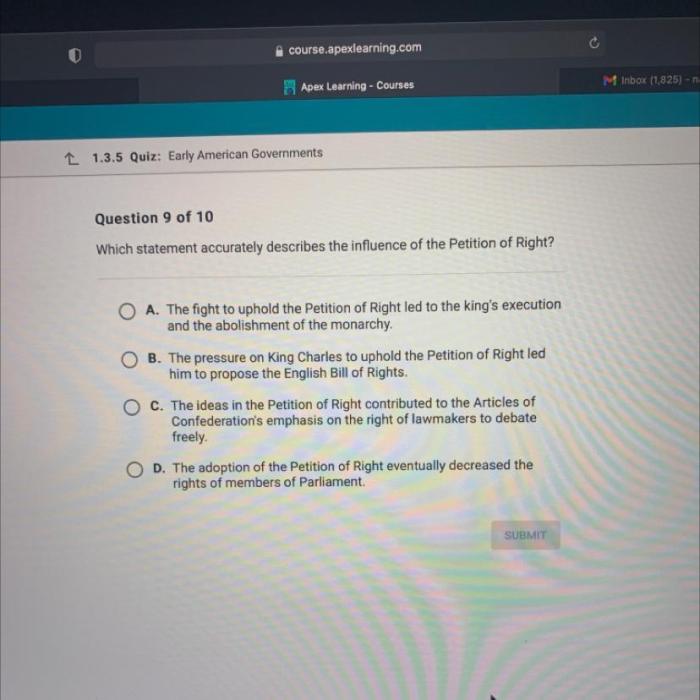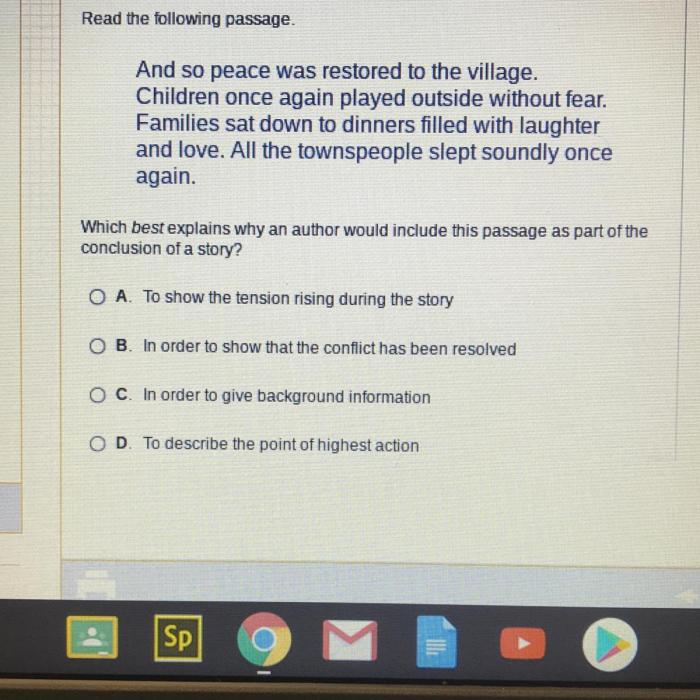Which situation best describes a difference in interpretation? This question sets the stage for an exploration into the complex world of human understanding, where diverse perspectives collide and interpretations flourish. From the outset, this topic captivates with its intricate tapestry of contextual factors, cognitive processes, communication dynamics, intentions, and goals, inviting us to unravel the enigmatic nature of interpretation.
Throughout this narrative, we will delve into real-world examples and case studies, examining how individuals’ perceptions, biases, and intentions shape their interpretations of the same situation. We will uncover the strategies employed to resolve these differences, emphasizing the significance of acknowledging and respecting diverse viewpoints.
Contextual Factors: Which Situation Best Describes A Difference In Interpretation

Different contexts can significantly alter the interpretation of the same situation. Cultural norms, social expectations, and personal experiences shape our perceptions and biases, influencing how we make sense of events.
Impact of Culture
- Cultural values and beliefs influence our expectations and assumptions.
- Cultural norms dictate acceptable behaviors and communication styles, which can affect interpretation.
- Cross-cultural interactions often highlight differences in interpretation due to varying cultural backgrounds.
Impact of Social Factors
- Social roles and statuses can create power imbalances, affecting how individuals interpret situations.
- Group membership and social networks influence our perspectives and biases.
- Social pressures can shape our interpretations to conform to group norms.
Impact of Personal Factors, Which situation best describes a difference in interpretation
- Personal experiences and biases influence how we perceive and interpret situations.
- Emotional state, cognitive abilities, and personality traits can affect interpretation.
- Individual differences in values and beliefs contribute to varying interpretations.
Clarifying Questions
What is the primary factor that contributes to differences in interpretation?
Contextual factors, such as cultural background, personal experiences, and social biases, play a significant role in shaping our interpretations.
How can cognitive processes influence interpretation?
Cognitive processes, including perception, attention, and memory, filter and organize information, leading to variations in interpretation.
What is the importance of active listening in reducing misinterpretations?
Active listening involves paying full attention to the speaker, seeking clarification, and showing empathy, which minimizes misunderstandings.


